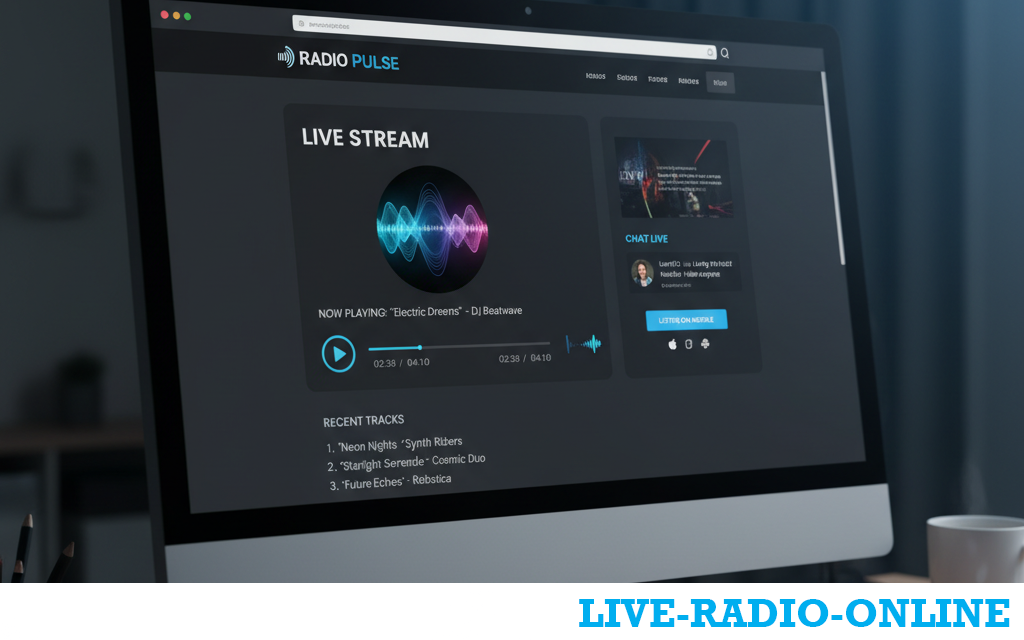
Of course. This is a common question, and the answer is nuanced. In the vast majority of cases, it is not legal to put someone else's radio stream on your website without explicit permission.
Here’s a detailed breakdown of why, the legal frameworks involved, and the potential consequences.
The Short Answer
No, it is almost certainly not legal. You are committing copyright infringement by publicly performing and distributing the copyrighted content (the music, the talk shows, etc.) without a license.
The Detailed Explanation: Why It's Illegal
When you embed or re-broadcast a radio stream, you are not just sharing a link; you are making a "public performance" of all the copyrighted works within that stream.
1. Copyright in the Sound Recordings and Musical Compositions
A radio stream contains two main types of copyrighted works:
-
The Sound Recording: The specific recorded version of a song (owned by the artist, record label, etc.).
-
The Musical Composition: The underlying notes and lyrics of the song (owned by the songwriter, publisher, etc.).
You need permission (a license) to publicly perform both.
2. The Role of Performance Rights Organizations (PROs)
In the United States, PROs like ASCAP, BMI, and SESAC license the public performance rights for millions of musical compositions. Radio stations pay fees to these organizations to legally play music over the air and online.
Crucially, the license a radio station has only covers their own broadcasts and their own official online stream. It does not extend to you, a third party, re-broadcasting that stream on your separate website. Your website would need its own, separate licenses from ASCAP, BMI, and SESAC.
3. The Station's Own Broadcast and Brand
Beyond the music, you are also using the radio station's own curated content, their announcers, their news segments, and their brand identity. This could lead to additional legal issues:
-
Copyright Infringement: For their specific produced shows and segments.
-
Trademark Infringement: By using their name and logo in a way that implies endorsement or affiliation.
-
Unfair Competition: Potentially diverting listeners and advertising revenue from their official site.
What About "Embedding" the Stream?
Many people think that if they simply use an "embed code" provided by the radio station's web player, they are in the clear. This is a gray area, but it generally does not absolve you of liability.
-
Legal Precedent: In the U.S., a key case (Fox v. TVEyes) leaned against the legality of unauthorized embedding. The court suggested that the "server test" (which previously shielded embeds from liability) may not be a valid defense, and that embedding can still be considered an unauthorized public performance.
-
Lack of License: Even with an embed, your website is still the source of the public performance. You still lack the necessary licenses from the PROs.
The only safe way to embed a stream is if the radio station explicitly gives you written permission to do so.
Are There Any Exceptions?
Yes, but they are very narrow and unlikely to apply to a typical website.
-
The Station Gives You Explicit Permission: This is the most straightforward exception. Some small, independent stations or community radio might be happy for the exposure. Get it in writing.
-
Fair Use: The "fair use" doctrine is a defense, not a permission slip. It is evaluated case-by-case based on:
-
The purpose and character of your use (is it transformative, non-commercial?).
-
The nature of the copyrighted work.
-
The amount and substantiality of the portion used (you're using the entire, continuous stream).
-
The effect of the use upon the potential market for the original.
Streaming a full, unaltered radio station on your commercial or personal website would almost certainly not qualify as fair use, as it is not transformative and directly substitutes for the original.
-
Potential Consequences
If you proceed without permission, you could face:
-
Cease and Desist Letters: The first step, demanding you take it down immediately.
-
DMCA Takedown Notice: To your web host, which could suspend your site.
-
Lawsuits: From PROs (ASCAP/BMI are notoriously aggressive), record labels, or the radio station itself. Statutory damages can be as high as $150,000 per copyrighted work willfully infringed.
What Should You Do Instead?
-
Ask for Permission: Contact the radio station's programming or business department. They may say yes, or they may offer a formal syndication agreement.
-
Link to Their Stream: Instead of embedding, simply provide a text link that says "Listen to [Station Name]" which opens their official website in a new tab. This drives traffic to them and is generally safe.
-
Use Licensed Services: If you want to play music on your site, use a licensed widget from a service like SoundCloud, Mixcloud, or Spotify, which have the proper licenses and allow for legal embedding in many cases.


